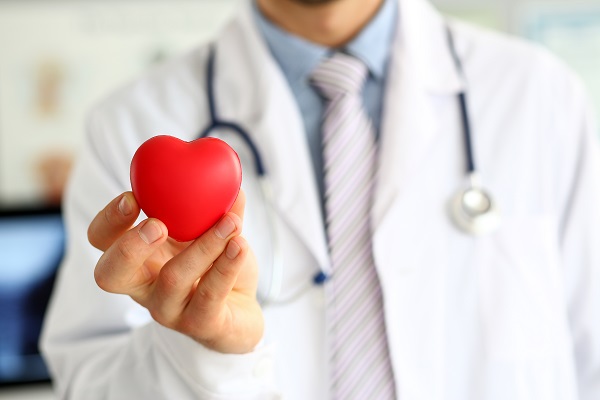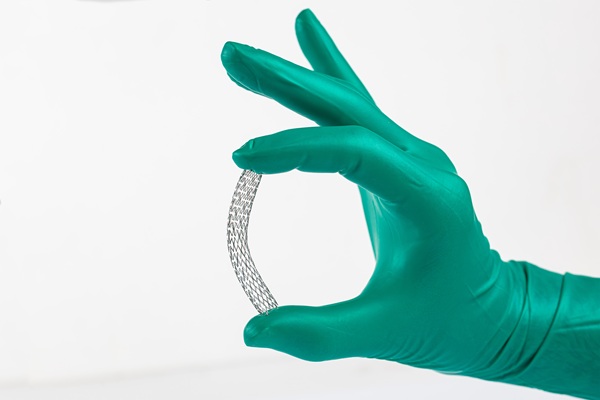FAQs About Cardiovascular Disease

The term cardiovascular disease often induces fear; however, with the right attention, individuals who are concerned about heart-related conditions can rest assured. Thankfully, modern-day medicine allows for innovative ways to diagnose, manage, and treat all types of cardiovascular diseases. To learn more, read on.
Cardiovascular disease questions and answers
Below are some of the most frequently asked questions and answers about cardiovascular disease. This information should be reviewed when trying to better understand the disease.
1. What is cardiovascular disease?
Cardiovascular disease refers to a number of problems relating to the heart. Outlined below are a few examples of conditions that fall under the cardiovascular disease category.
- Coronary artery disease
- Stroke
- Heart attack
- Arrhythmia
- Congestive heart failure
- Cardiac arrest
2. What causes it?
Cardiovascular disease can be caused by a number of things, but the most common is genetics. Individuals whose parents had heart problems are much more likely to also suffer from a form of cardiovascular disease. Additionally, a poor diet, being overweight, and smoking can all cause cardiovascular disease to form.
3. Are there ways to prevent cardiovascular disease?
Yes! While some forms of cardiovascular disease are unavoidable, there are ways to prevent problems from developing to begin with. Outlined below are a few prevention tips that specialists recommend.
- Avoid smoking
- Eat a diet rich in vegetables and fruits
- Exercise on a regular basis
- Limit alcohol consumption
- Avoid excessive amounts of sodium
4. Are there certain people who are at high risk of developing cardiovascular disease?
Yes. There are a lot of risk factors that play into whether or not an individual will be diagnosed with cardiovascular disease. Below are some of the characteristics that put individuals at higher risk of development.
- High blood pressure
- Diabetes
- High cholesterol
- Obesity
- Smoking
- Poor diet
- Family history and genetics
- Old age
5. How is cardiovascular disease treated?
Cardiovascular disease is treated in a variety of ways, depending on the severity of the disease, the type, and the individual's genetics and family history. Outlined below are a few of the most common treatment options.
- Medications: These are used to treat all types of cardiovascular diseases, including strokes, valve problems, heart attacks, and arrhythmias
- Surgery: There are a number of surgeries used to treat cardiovascular disease. For example, a coronary angioplasty may be used in response to a heart attack, whereas a pacemaker may be placed in a minimally invasive surgery to manage and treat an arrhythmia
- Lifestyle changes: Some forms of cardiovascular disease are treated with simple recommendations to alter certain lifestyle habits, such as smoking, diet, and exercise.
Find out more
When looking for more information about cardiovascular disease, it is best to consult with a specialist who can answer questions and address any concerns. Additionally, the specialist can evaluate any existing signs of cardiovascular disease, which can then be used to determine an appropriate plan of action. To learn more or to get scheduled for an appointment, reach out today.
Request an appointment here: https://boyntonbeach.floridapremiercardio.com or call Florida Premier Cardiology at (561) 229-1411 for an appointment in our Boynton Beach office.
Check out what others are saying about our services on Yelp: Cardiovascular Disease in Boynton Beach, FL.
Recent Posts
Coronary stent placement is a treatment for coronary artery disease, a buildup of plaque (fat and cholesterol) around the heart's arteries. Along with angioplasty, a stent helps restore blood flow to the heart, relieving symptoms such as chest pain and shortness of breath and helping prevent a heart attack. The following overview of coronary stent…
Heart disease treatment encompasses a range of interventions, from lifestyle changes and medications to surgical interventions. Individuals can manage their condition and improve their quality of life by working with a cardiologist. Successful heart disease treatment starts with the patient having the information they need to make informed decisions about their health.Also known as cardiovascular…
A heart specialist is a doctor specializing in diagnosing and treating cardiovascular conditions. Patients may be referred to one of these doctors for several reasons, from diagnosing a heart health issue to getting cleared for surgery. However, seeing a heart specialist is even more crucial for those either experiencing the signs of heart disease or…
Cardiologists perform angioplasty to open blocked arteries, specifically those caused by coronary disease. This minimally invasive alternative to open heart surgery can restore proper blood flow to the heart and often reverse the fast track to a heart attack. However, learning when one is necessary is crucial for treatment success.Coronary artery disease (CAD) is a…


